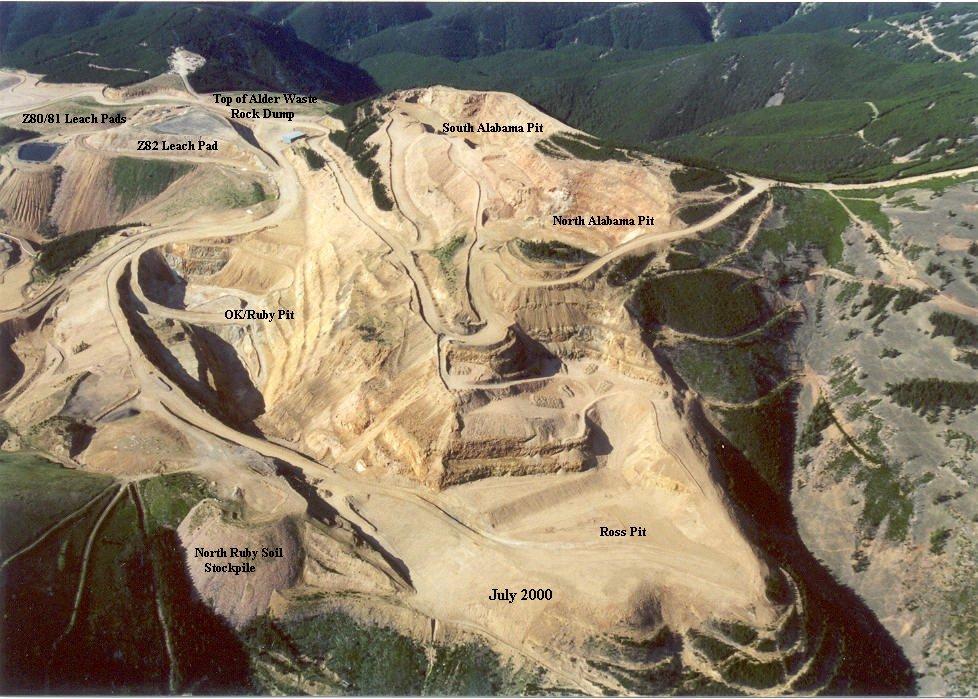In Through Hell and High Sludge, I offer the first historical account of the resistance to the Pegasus gold mines. I locate this story in larger contexts of the history of extractive industries and environmental regulation in the U.S. West and the complicated socioeconomic, cultural and legal dimensions of American Indian life and sovereignty. Though this story presents an exciting and important opportunity for ecological analysis as an environmental history of polluted reservation rangelands, I have primarily adopted the priorities and sensibilities of intellectual and cultural historians and anthropologists. By focusing on human communities and the personal, I have sought to characterize the interior lives of those that fought, financed, studied, and operated the Zortman and Landusky mines. I argue that the ways those individuals and groups imagined the spaces, people, organizations, and institutions they interacted with explains the behaviors they pursued and the outcomes they made possible. Read my thesis: Through Hell and High Sludge: Traditional Knowledge and Environmental Justice at the Fort Belknap Indian Reservation



